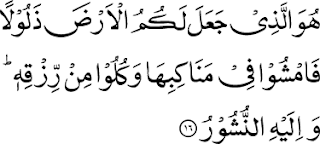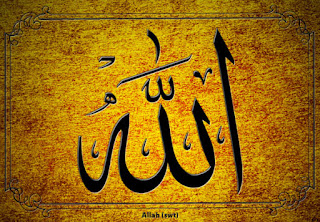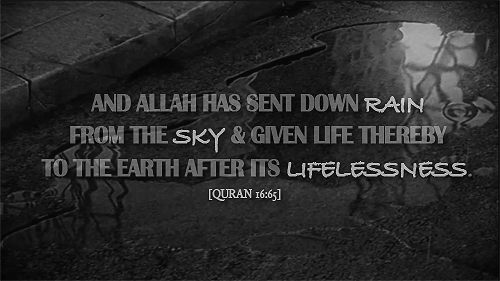“The day whereon
neither money nor children will avail, except him who comes to God with a sound
heart.” (Ash-Shu’ara, 26: 89-90).
On
Judgement Day, only a sound (pure) heart (Qalbun
Saliim) shall benefit man. By a sound heart, it means a heart that holds
the faith taught by God and His prophets (as) and which is free of any form of
polytheism (Shirk). It is also, like
I am telling you “a heart that is pure
from all kinds of dirt, including disobedience.”
The
heart is continually exposed to the seductions of this world. When the heart is
imbued with the fear of God, it manages to resist these temptations. But in the
absence of that awe, the heart will be corrupted and will push the individual
to disobey his Creator.
The
Holy Prophet (pbuh) said: “Temptations will be presented to men's hearts as reed
mat is woven stick by stick and any heart which is impregnated by them will
have a black mark put into it, but any heart which rejects them will have a
white mark put in it. The result is that there will become two types of hearts:
one white like a white stone which will not be harmed by any turmoil or
temptation, so long as the heavens and the earth endure; and the other black
and dust-coloured like a vessel which is upset (turned upside down), not recognizing
what is good or rejecting what is abominable, but being impregnated with
passion.” (Muslim).
Man
must throughout his life wage a merciless battle against the seductions and
temptations of this world. To achieve this, he must strengthen himself through
acts of worship.



























